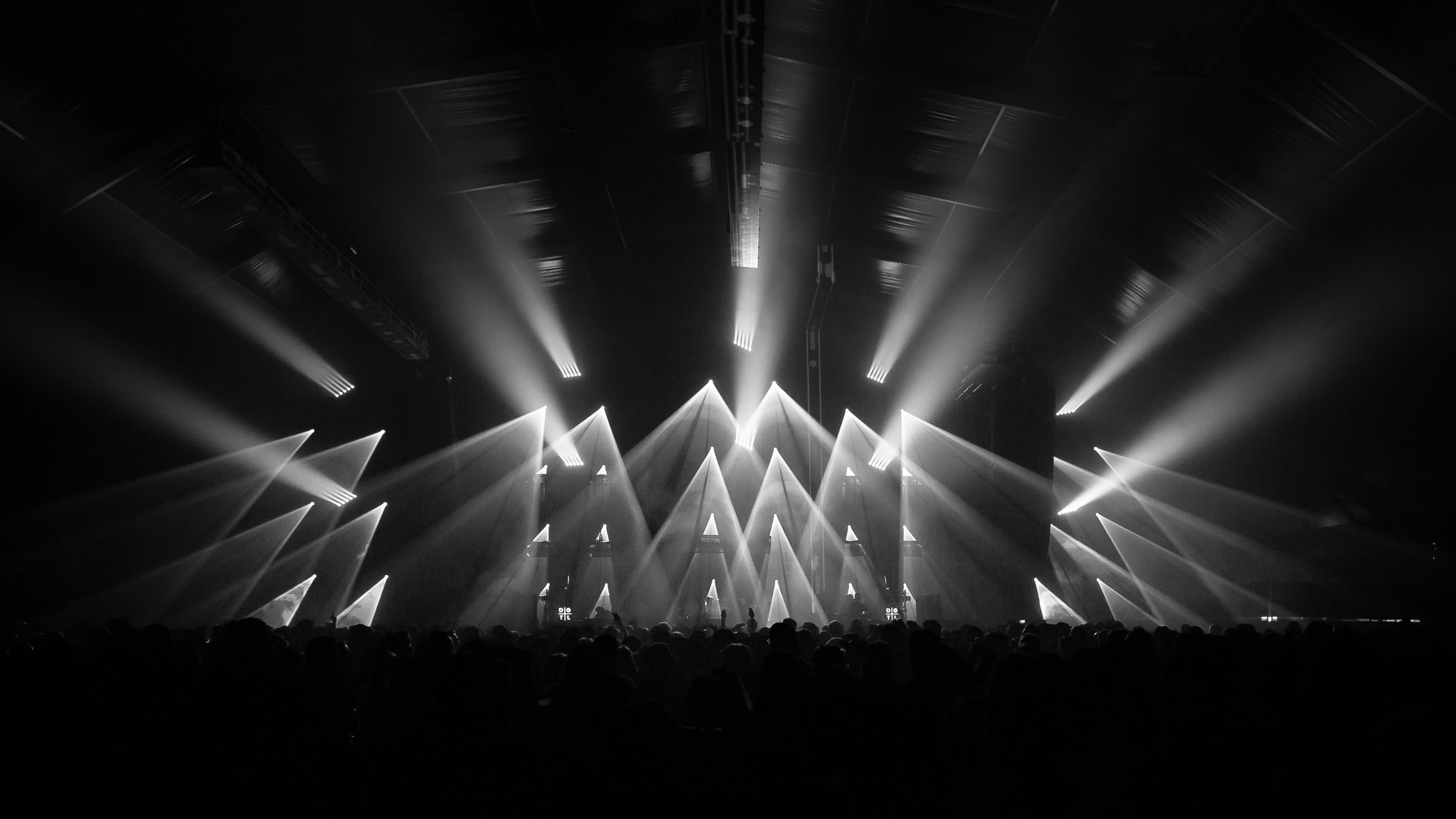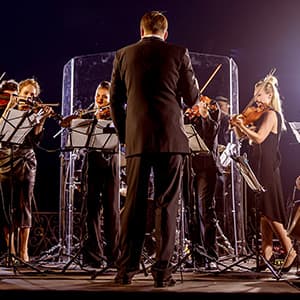

Dvoraks Eighth Symphony Tickets
Up to 30% Off Compared to Competitors.
Location: Select Location (e.g, New York)
Events Nearby
We're Sorry. There are currently no events near you.
About Dvorak's Eighth Symphony
Currently, Dvořák's Eighth Symphony remains a staple in concert programs across the globe. Orchestras frequently showcase this work, drawing on its rich palette for performances that captivate audiences. Recent concerts have featured collaborations with renowned conductors and soloists, bringing fresh interpretations to this classical masterpiece. Notable performances have taken place in major concert halls, including Carnegie Hall in New York and the Berlin Philharmonie, where the symphony has resonated with both traditionalists and new listeners alike. Festivals celebrating Dvořák's heritage often include dedicated sessions to his Eighth Symphony, emphasizing its cultural significance. Additionally, the piece has been highlighted in educational concerts aimed at introducing young audiences to symphonic music, underscoring its accessibility. With ongoing recordings and digital broadcasts, Dvořák's Eighth Symphony continues to thrive in the modern musical landscape, attracting interest from a wider audience and inspiring new generations of musicians in live performances.
Dvorak's Eighth Symphony History
Antonín Dvořák's Eighth Symphony, officially known as Symphony No. 8 in G major, Op. 88, was composed in 1889 and premiered in 1890. This symphony represents a departure from Dvořák's previous works, showcasing a lighter and more pastoral approach. Influenced by the beauty of the Czech countryside and enriched by his experiences in America, Dvořák infuses his nationalistic elements into this symphony while maintaining classical structure. The symphony is notable for its joyful melodies, lively rhythms, and intricate orchestration, making it one of his most popular and frequently performed works. It reflects Dvořák's love for nature and folk music traditions, incorporating vibrant motifs and a sense of celebration that resonates with audiences worldwide. Dvořák's Eighth Symphony stands as a testament to his artistic maturity, following the turbulent emotions of his Seventh Symphony, and showcases his ability to blend the personal with the universal, fostering a connection with listeners through its themes of hope and optimism.
